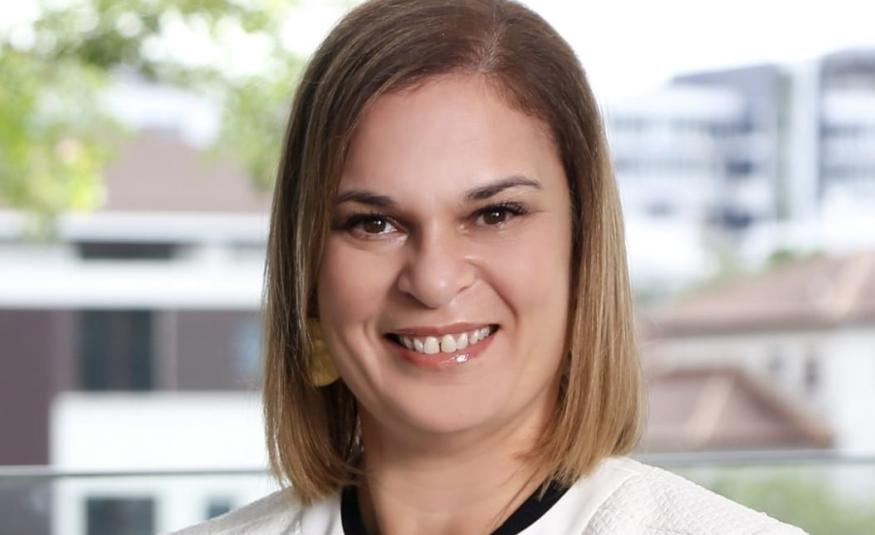KUALA LUMPUR 9 August - Malaysia’s recent rise in COVID-19 cases and subsequent safe distancing measures are placing significant strain across businesses and households, but there are ways to better
manage your finances, a senior HSBC Malaysia spokesperson said today.
Renee Bullock-Cann, Head of Wealth & Personal Banking HSBC Malaysia said: “We’re in the toughest of times. The challenges can be varied including financial stress. In these times, there are a few financial strategies like debt removal, stable investment and cash flow that may need a re-think.”
Below are some strategies to consider to better manage your finances:
- Prioritise and take stock of what you owe - Always pay off your debt with the highest interest first. For most people, that would be credit cards, car and personal loans. Where possible, align all the due dates and set a reminder to ensure payments are made promptly to avoid incurring any late payment fees or overdue interest charges.
Mortgages or home financing tend to be more acceptable debt to hold because of their lower interest or financing rates. But for customers who are currently financially impacted by the COVID-19 pandemic, they may apply for a 6-month moratorium or deferment as per the recently announced PEMULIH stimulus package on their loans or financing effectively providing some short-term relief.
- Look for lower interest rates and consolidate - Borrowers with high-interest debt may be able to consolidate their balances into one lower-interest alternative. Not only can that save money in interest fees every month, but it’s typically easier to pay one bill with a single due date, than managing several due dates a month. You can consolidate your outstanding bills or debts with high interest rates through a balance transfer programme that most banks offer.
- Make your money work harder for you with the right credit cards - When used prudently, credit cards can actually help you stretch your money. For one, most credit cards now have cashback benefits that offer rebates – sometimes immediately – whenever you spend. So you’re saving even when you spend on essentials. The caveat though is that you must be able to make full repayment each month and not let the spend roll over. If this happens, potentially any cashback or savings you would have earned would be eliminated by the interest charges or late- fee charges.
- Create cash flow – If you have unencumbered properties or low Loan-to-Value ratios, consider applying for a home equity loan. It will allow you to draw cash from existing properties to ease the temporary strain on your cash flow. Keep in mind that doing so carries the same risks and requires the same financial discipline. If you lose sight of your financial goals, you may end up right back where you started, or even worse off financially.
- Speak to your bank – Various banks have a number of programmes to help their customers free up short-term liquidity. HSBC Malaysia has financial assistance programmes for existing customers in line with the PEMULIH stimulus package recently announced on top of existing R&R programmes. With the financial assistance programmes, eligible customers may opt for a 6-month deferment or a 50% reduction on their monthly payments for 6 months to help ease their financial burdens during this COVID-19 situation in Malaysia.
Renee Bullock-Cann reiterates “Paying off debt in a challenging economic climate is tough due to changing job and financial situations, but it is a smart habit to cultivate. Applying a few of these key strategies can help our customers manage their debts with more confidence, and boost their own financial resilience as their finances will be in better shape when the economy recovers.” - DagangNews.com










